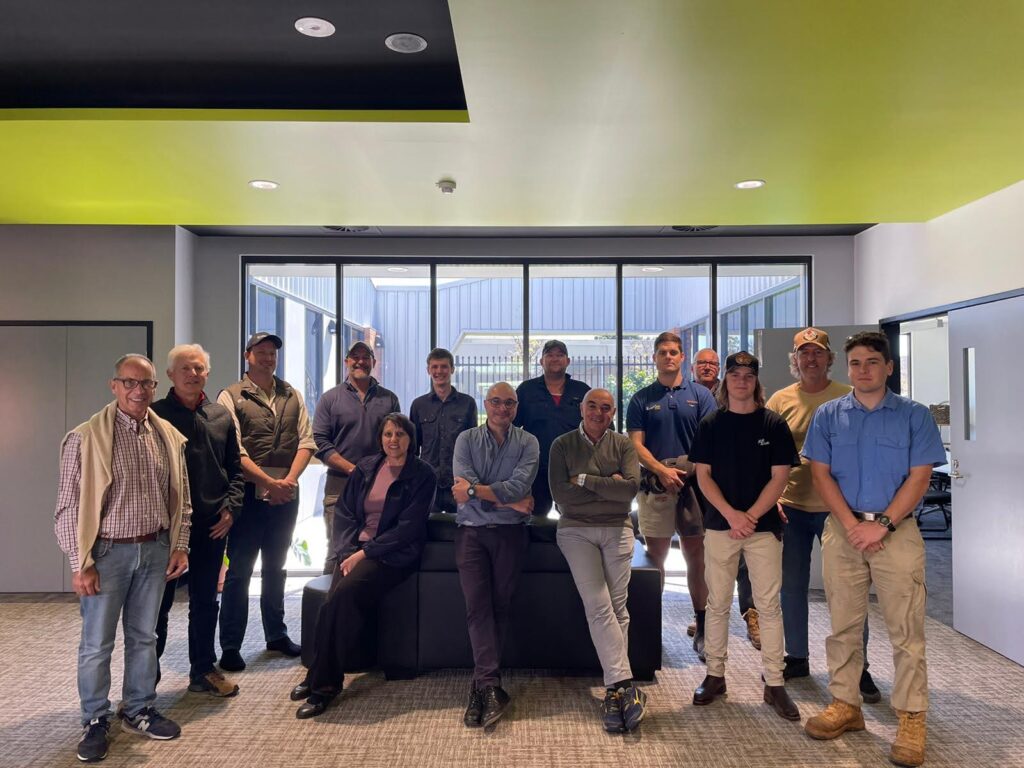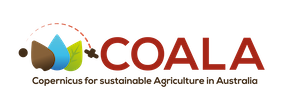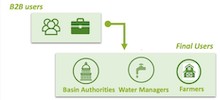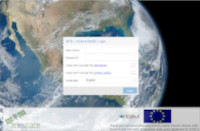- About us
- Project
- Publications
-
Deliverables

D6.4 – Promotional material
December 31, 2020DeliverablesThe aim of the communication materials is to publicise the COALA Project among potential users. This Deliverab...

D6.2: Communication and Disseminati...
December 31, 2020DeliverablesThis Deliverable is an update of the first version of the Communication and Dissemination Plan.

D4.1: Baseline Description of Pilot...
September 30, 2020DeliverablesThis Deliverable describes the pilot experiments of COALA Project. Participatory evaluation of the COALA servi...
- Media Room
-
News

COALA Project: A Success St...
August 20, 2023Blog, Evidenziato, News, Press ReleaseThe COALA Project, a European Union funded project involving a collaborative initiative between the European U...

Workshop on COALA business model
December 19, 2020News
Plenary meeting November 23, 24 and...
December 1, 2020NewsThe plenary meeting of COALA Project has been held on 23rd, 24th and 30 November 2020

Webinar: Governance of Water Scarci...
November 17, 2020NewsThanks to Copernicus data, Europe and Australia launch a new challenge to improve the management of water and ...
- Blog
- Resources
-
- March 13, 2023
- UNSW
- Blog
- No Comments
AgTech and Ariespace; In Conversation with Dr Carlo De Michele
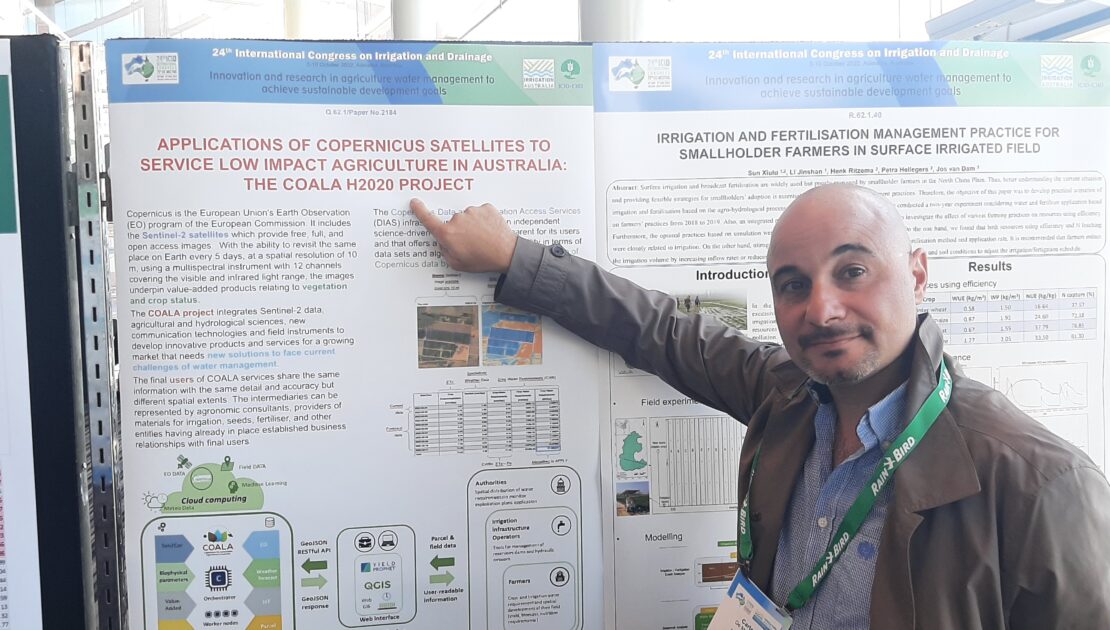
AgTech and Ariespace; In Conversation with Dr Carlo De Michele
Carlo De Michele is a very early riser, so arranging a conversation across the globe is no issue for him. Between making breakfast, the school run and zipping to work at Ariespace, on his motorbike, Dr De Michele finds the time to speak with us about creating and managing an international AgTech project.
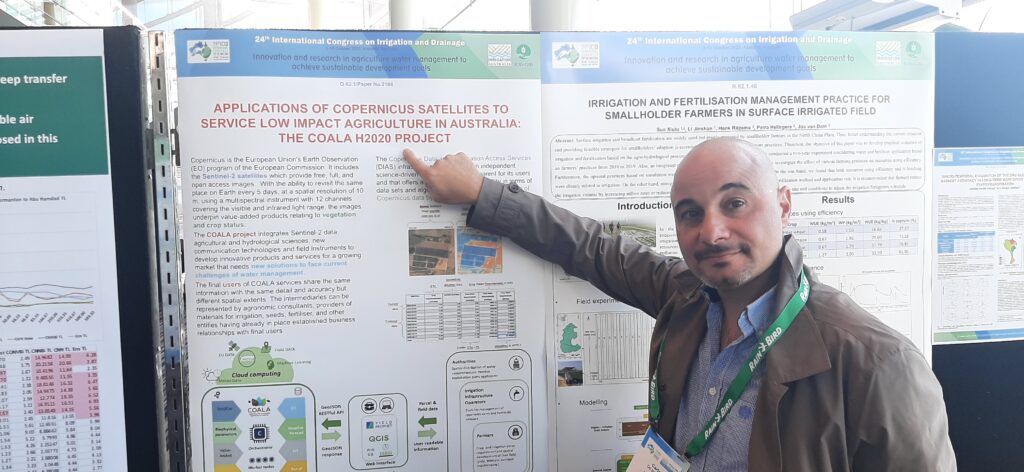
“My name is Carlo De Michele, and I am the director of Ariespace, the company leading the COALA project.”
Prior to launching the COALA project in 2020, Dr De Michele worked to become an expert in the field of agricultural engineering. “I am a civil engineer with a specialisation in data, and I obtained my PhD in agricultural science from the University of Naples. As such, I have a unique combination of skills as an engineer and agronomist, as there is no specific degree program for agricultural engineering in Italy. Typically, those interested in managing agriculture from a technical or engineering perspective pursue a civil engineering degree and another master’s degree before pursuing a PhD in agricultural science.”
Ariespace
Dr De Michele’s extensive research career, combined with practical farming applications inspired the start-up, Ariespace. “Ariespace was founded in 2006 as a follow-up to a European project aimed at providing information on irrigation management to users, farmers, and growers. Our initial goal was to repurpose the scientific data we had collected for another application, which led us to develop the first irrigation advisory service for agronomy using satellite data.”
With the success of the Ariespace irrigation project, Dr De Michele and his team began to expand the original idea. “Building on our success with the irrigation advisory service using satellite data, we next set our sights on extending the application to include fertilisation management. This led us to begin development on various projects in 2009.”
A trip to Australia
It was a trip to Australia in 2016, combined with the success of Ariespace, that sparked the idea for COALA. “In 2016, we had an experience in Australia where we had opened a small company a few years prior. Although we ultimately didn’t continue with that company for unrelated reasons, we were able to share our knowledge and experience of the European environment with our Australian counterparts. This cross-cultural understanding proved invaluable in helping us prepare a strong proposal for the European Commission, which ultimately resulted in the successful COALA project. As a result, COALA is now one of the few projects in which Australian institutions can apply and receive funding from the European Commission.”
So, what was it that the Ariespace team saw in Australia, that they thought would be so compatible with European technology? While there are some helpful similarities, there are also some stark differences between the agricultural landscape and farming practices. “In southern Italy, as well as many other parts of Europe, a network of pipes is typically used to bring water to fields. However, in Australia, most of the networks are based on open channels due to the need to move large volumes of water. In this context, pipes may not be as efficient in the Australian network due to the very high flow rate.”

Boots on the Ground
With the COALA project developing after a visit to Australia, Dr De Michele stresses the importance of getting boots on the ground and participating in site visits. The on-the-ground connection with stakeholders is often enough to overcome technical differences. “While there are certainly technical differences between the Australian and European environments, I believe it’s important to recognize that there are also similarities.”
“Another feeling when I was [in Australia] is that we have a good connection with Australian people, our Australian colleagues. For example, people from IREC, from the University of Melbourne, UNSW and from BCG. And also, we have a good connection also because of the large Italian community in Australia!”
Even having visited Australia before, there was still more to learn from De Michele’s 2022 trip to Australia. “One thing that continues to surprise me is the sheer size of farms in Australia. It’s not uncommon for farmers to work on properties that are 1000, 2000, or even up to 6000 hectares in size. What’s even more remarkable is the relatively small number of staff required to manage these vast areas. For instance, I met one farmer who managed 2000 hectares with just two people, which I find truly incredible. This is largely thanks to the use of modern, large-scale machine technology which allows for efficient management of these massive areas. Witnessing this in action is truly impressive, as it’s amazing to see how few people can manage thousands of acres with such ease.”
Because of the large-scale farming in Australia, growers have been eager to adopt new technologies to ensure efficiency in their farming practices. The scales covered by these farms means growers are familiar with agricultural technology that is required to manage the distribution of scarce resources such as nutrients and water. This baseline understanding has made it easier to introduce COALA products to Aussie growers. “You need to be very efficient to manage this kind of acreage. And to be very efficient, you need information. For this reason, many farmers already used satellite data. But with our COALA data we can provide more sophisticated algorithms specific to the growers”
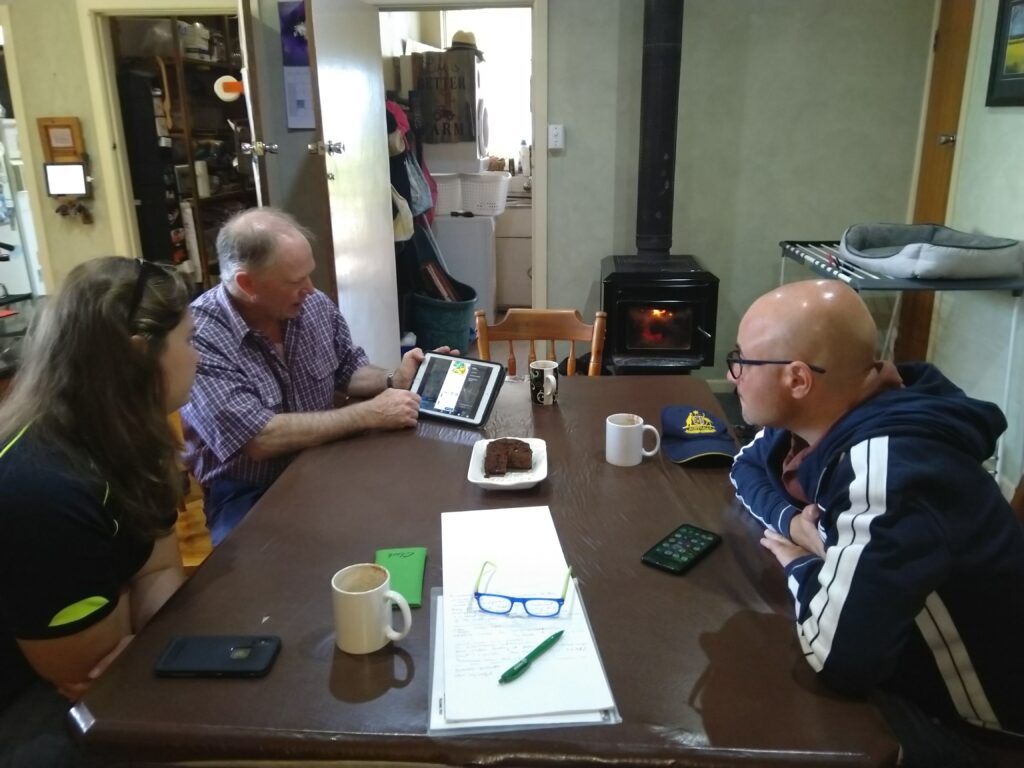
European Space Technology for Aussie Growers
Dr De Michele is confident that COALA products can provide improvements to the technology already available in Australia. “During a conversation with a farmer from BCG, he mentioned that he already pays for data from another company, but one of the biggest issues he faces is cloud cover. In fact, he only received two usable cloud-free images last winter, which presents a significant challenge. Fortunately, with COALA’s access to the Sentinel 2 data set, this is a challenge that we can overcome. I spoke with my colleagues about how to address this issue and we’ve identified several techniques that can be used, ultimately settling on the one that we believe is most effective.”
While COALA is providing excellent services to Aussie growers, the field of AgTech is constantly changing and growing. Dr De Michelle reflects on the progress of AgTech, and the future of the industry. “If I reflect back to 10 years ago, very few people were using this type of data. However, now we see a significant increase in the number of workers and farmers who utilise this kind of data, as well as organisations that adopt these data and services in an agricultural context.”
While the AgTech industry is growing rapidly, Dr De Michele highlights the need to proceed with caution and be realistic. “One of the challenges in the past was that many companies made unrealistic promises regarding the potential of satellite data. However, if these promises were not met, it would cause issues with clients. At COALA, we are transparent about what can be achieved using satellite data. We acknowledge that we cannot, for example, predict what will happen in a field over the next few months. Although growers may request such predictions, we must remain honest and only provide what we can deliver, without overpromising.”
International Partnership
Working with the COALA team has been a highlight for Dr De Michelle. He attributes the strength of the team to the success of COALA as a business. “I believe we have a high-quality team. Despite starting just before the global lockdown, we have maintained strong relationships among team members, which has been crucial for the success of the project. It has been challenging to introduce this kind of system directly into the market, but upon completion of the project, we will have a solid foundation to establish COALA as a sustainable business.”
